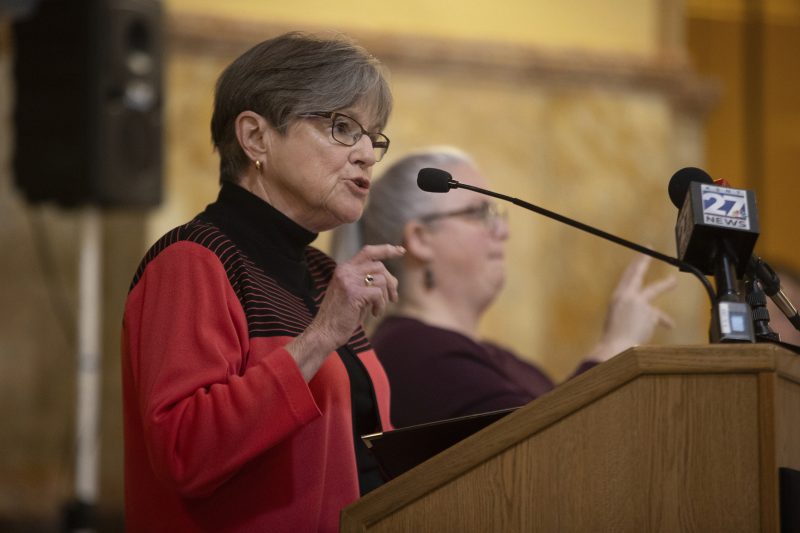The recent decision by Kansas Governor Laura Kelly to veto Senate Bill 153, a proposed ban on gender-affirming care for transgender youth, has sparked a heated debate within the state’s political landscape. While supporters of the bill, largely Republican lawmakers, have expressed their intent to override the governor’s veto, opponents argue that such legislation would harm vulnerable transgender individuals and their families.
The proposed ban on gender-affirming care, which includes hormone therapy and surgical procedures for minors, received significant pushback from LGBTQ+ advocates, medical professionals, and human rights organizations. These groups argue that access to gender-affirming care is essential for the well-being and mental health of transgender youth, providing them with the necessary support to navigate their gender identity in a safe and affirming manner.
Governor Kelly’s decision to veto the bill has been lauded by LGBTQ+ rights advocates and allies, who view it as a critical step in protecting the rights and dignity of transgender individuals in Kansas. In her statement regarding the veto, Governor Kelly emphasized the importance of allowing medical professionals and families to make informed decisions regarding the healthcare needs of transgender youth, rather than imposing blanket bans that undermine their autonomy and well-being.
On the other hand, Republican lawmakers who supported the ban have expressed their intent to challenge the governor’s veto through a potential override vote. They argue that such legislation is necessary to protect minors from making irreversible decisions regarding their gender identity, citing concerns about the long-term physical and psychological effects of gender-affirming care on young individuals.
The debate surrounding gender-affirming care for transgender youth reflects larger societal tensions regarding LGBTQ+ rights, healthcare access, and parental authority. Advocates for transgender rights emphasize the importance of affirming and supporting individuals in their gender identity journey, while opponents raise concerns about the implications of medical interventions on young people who may be exploring their gender identity.
As the debate in Kansas continues to unfold, it is essential for policymakers, healthcare providers, and community members to engage in constructive dialogue that centers the voices and experiences of transgender individuals. By prioritizing the well-being and autonomy of transgender youth, stakeholders can work towards creating a more inclusive and supportive environment where all individuals can live authentically and receive the care they need to thrive.
